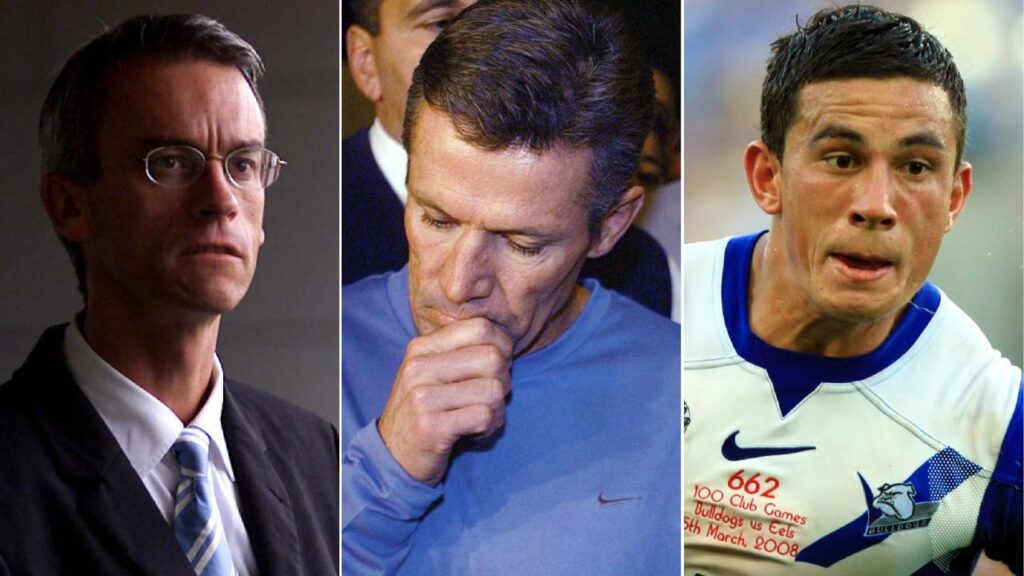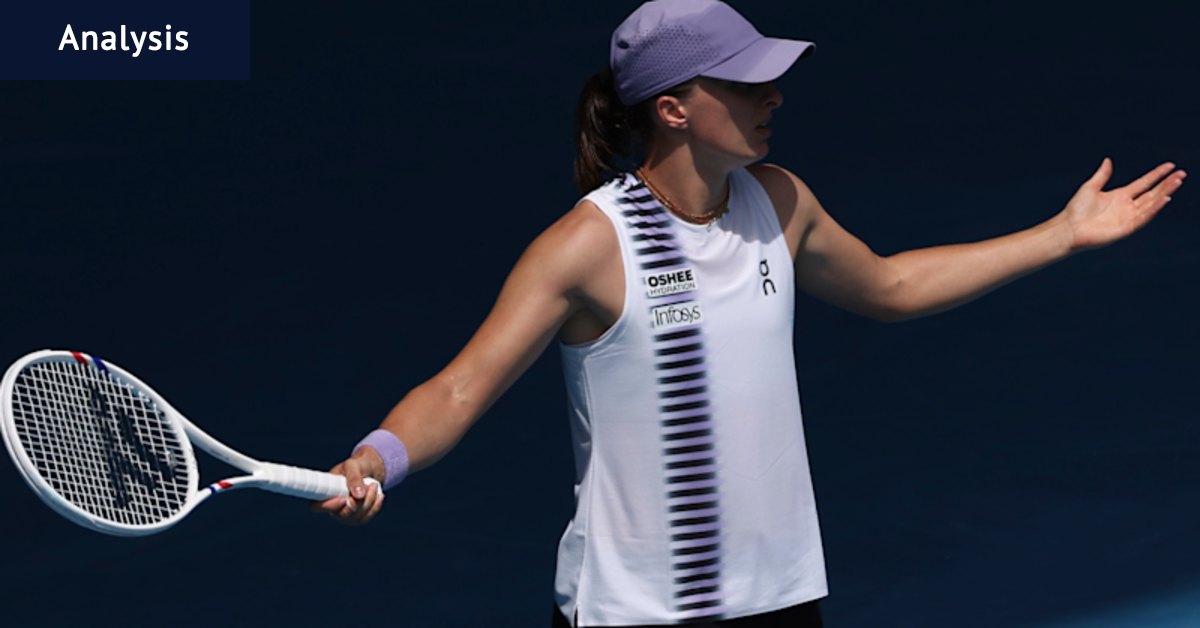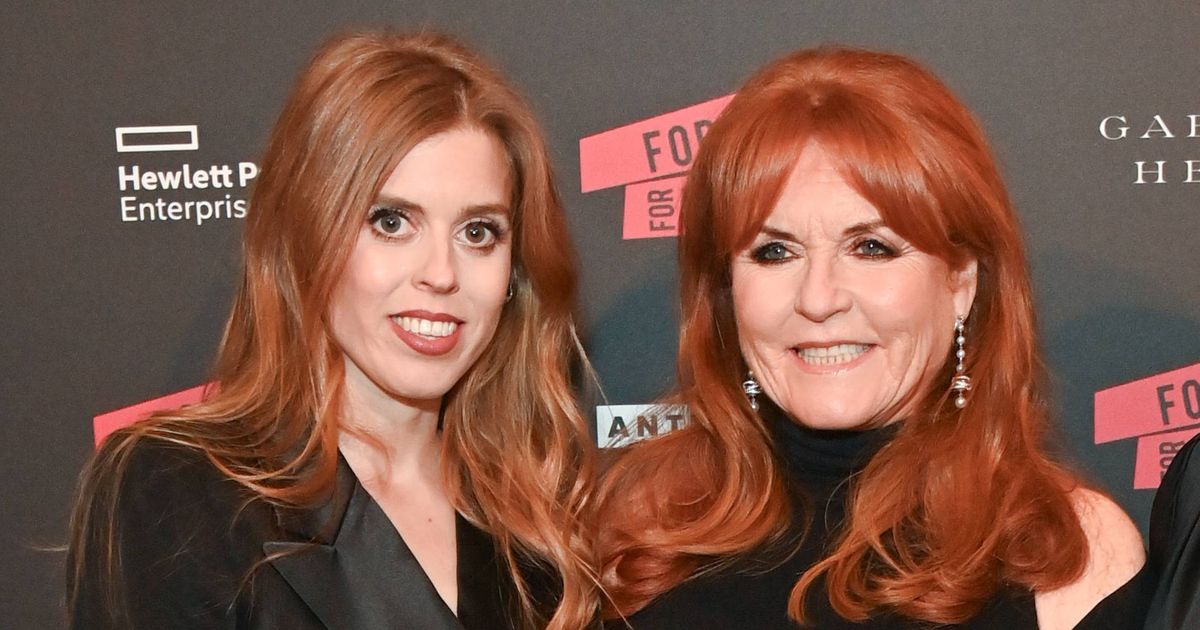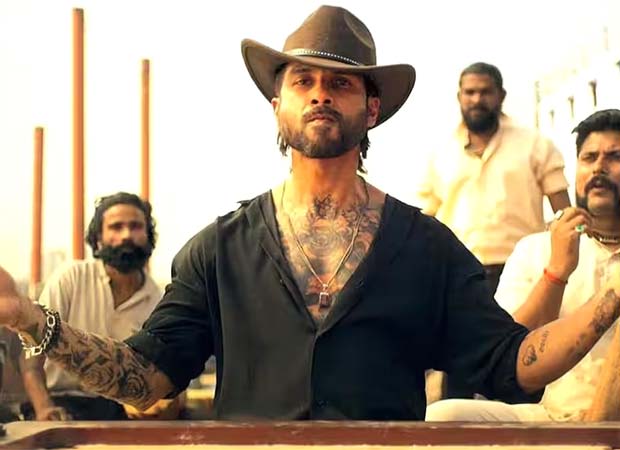
In a candid conversation on Fox League’s Face to Face, former NRL chief executive David Gallop reflected on the tumultuous moments during his tenure, particularly focusing on the scandals involving the Canterbury-Bankstown Bulldogs. These incidents, spanning from 2002 to 2008, not only tested Gallop’s leadership but also left an indelible mark on the club and the league.
The Bulldogs, a dominant force in the NRL, found themselves at the center of three major controversies: the 2002 salary cap breach, the 2004 Coffs Harbour scandal, and the 2008 departure of Sonny Bill Williams. Each event unfolded with dramatic consequences, impacting players, management, and fans alike.
The Salary Cap Scandal of 2002
In 2002, the Bulldogs were on the brink of clinching the premiership, boasting a formidable lineup that included stars like Willie Mason and Braith Anasta. However, their aspirations were dashed when it was revealed they had breached the NRL salary cap by at least $1 million over two years. The revelation came as a shock to the league and the public, making headlines in August of that year.
Gallop, who was relatively new to his role, faced the daunting task of enforcing the rules. The Bulldogs were stripped of 37 competition points, effectively removing them from finals contention and dropping them from first to last place. Additionally, the club was fined $500,000.
“It was brazen but … once we got the information and some of it got dropped to the media by a whistleblower, to their credit they came in and they said, ‘Yep, we did it’; and the size of it just meant we couldn’t have them winning the competition,” Gallop explained.
The decision was not without personal cost. Gallop received death threats, necessitating a security presence at his home. Despite the backlash, the Bulldogs’ players remained united, eventually winning the premiership in 2004 under coach Steve Folkes, who passed away in 2018.
The Coffs Harbour Controversy
The 2004 season began under a cloud of controversy with the Bulldogs’ pre-season trip to Coffs Harbour. The incident involved allegations of sexual assault by a 20-year-old woman against six players. Although the players claimed the encounter was consensual, the scandal cast a long shadow over the club and the sport.
Detective Senior Sergeant Gary McEvoy, who led the investigation, later stated that there was no evidence of assault. However, the damage to the club’s reputation was significant, with rising star Johnathan Thurston frequently mentioned in media reports despite his insistence of non-involvement.
“I wish I could tell you that I was shocked by the group sex — but I wasn’t,” Thurston wrote in his autobiography, highlighting the cultural issues within the sport at the time.
Gallop acknowledged the broader implications of the scandal, noting its impact on the league’s image and the subsequent efforts to address respect for women within the sport.
Sonny Bill Williams’ Departure
In 2008, the Bulldogs faced another crisis when Sonny Bill Williams unexpectedly left the club to join French rugby union team Toulon. The move, driven by personal struggles and financial incentives, caught the NRL off guard.
Williams had recently signed a five-year extension with the Bulldogs, making his abrupt departure all the more shocking. Gallop recalled the disbelief upon learning the news, which was initially relayed to him by radio presenter Ray Hadley.
“The whole thing was a bit of a shock, it wasn’t one that I was expecting,” Gallop said. “He maybe looks back now hopefully and realises walking out mid-contract wasn’t the greatest move.”
The Bulldogs received compensation from Toulon, and Williams faced an indefinite ban from rugby league. However, he eventually returned to the NRL, winning a premiership with the Roosters in 2013.
Legacy and Lessons Learned
The series of scandals involving the Bulldogs during Gallop’s tenure underscored the challenges of maintaining integrity and accountability within professional sports. Each incident prompted introspection and reform, leading to stronger governance and cultural shifts within the league.
As Gallop reflected on these pivotal moments, he emphasized the importance of upholding the principles of fairness and transparency, even in the face of adversity. The Bulldogs’ journey through these trials serves as a testament to the resilience of the club and the enduring passion of its supporters.




